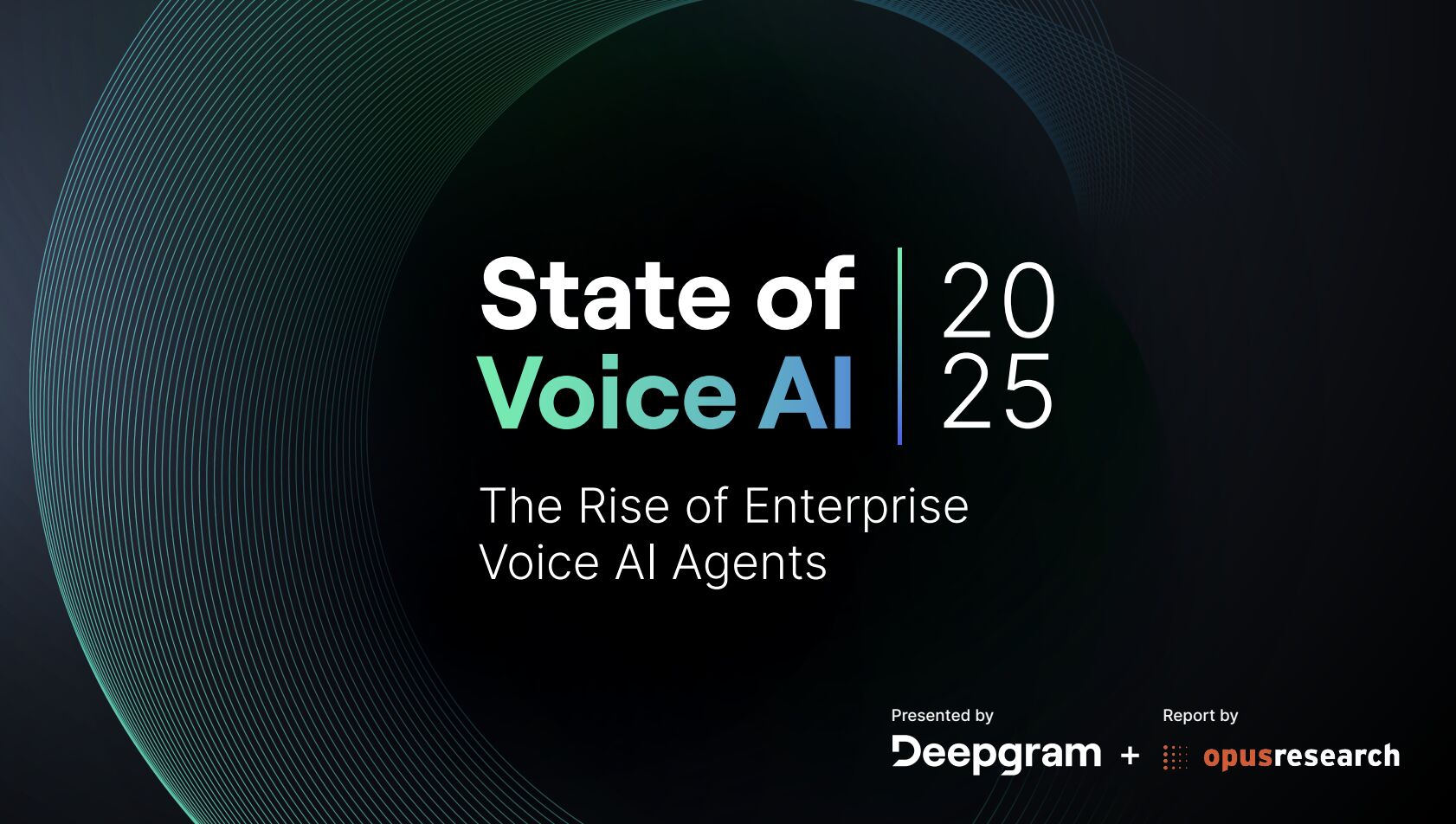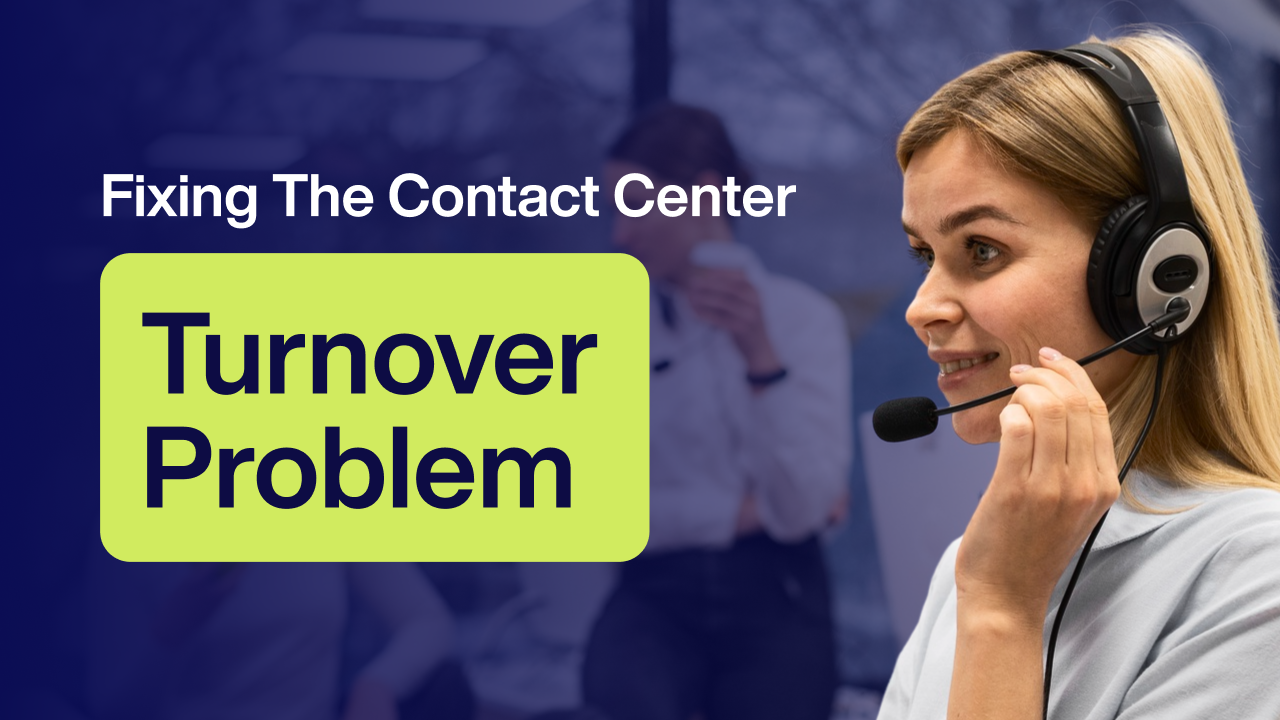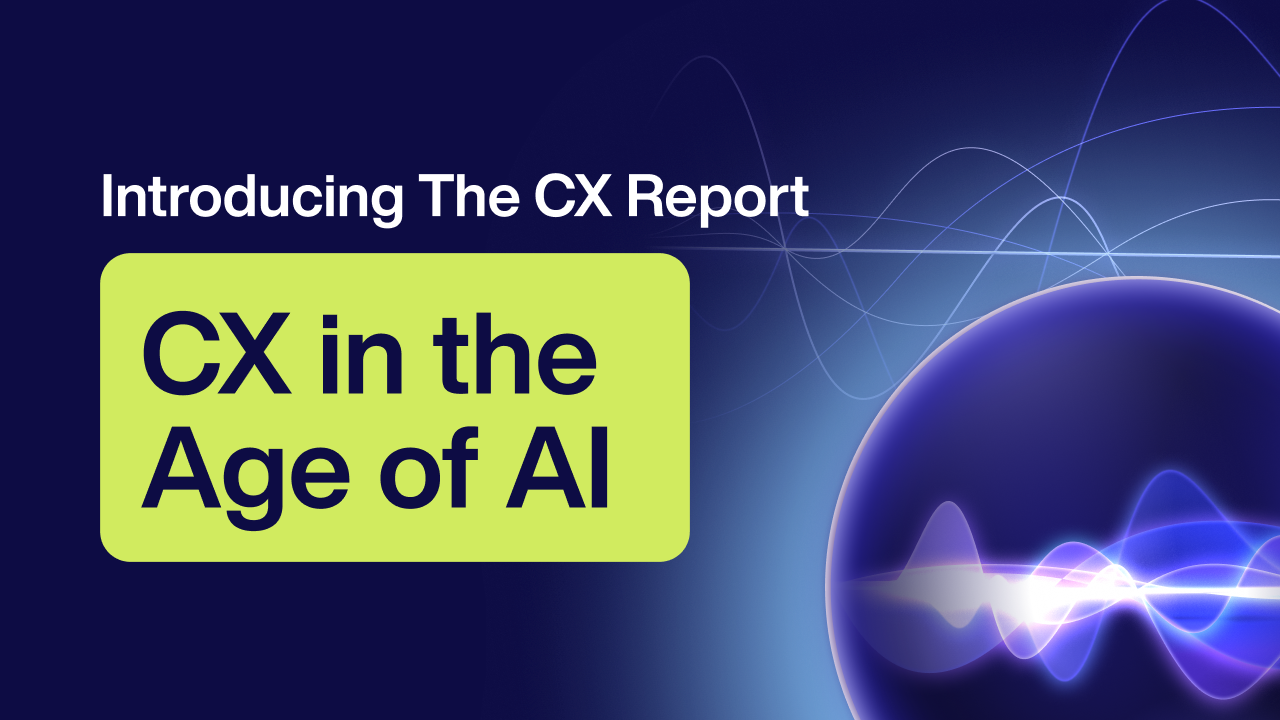How Healthcare Leaders Can Leverage AI to Transform Customer Experience (CX)

Introduction: The Customer Experience Challenge in Modern Healthcare
For healthcare leaders, improving customer experience (CX) is no longer a secondary concern—it's a strategic imperative. Patients today expect the same level of responsiveness, personalization, and ease that they experience with consumer brands like Amazon or Uber. But legacy systems, overburdened staff, and outdated processes continue to drag down service quality across the patient journey.
Enter artificial intelligence (AI). When strategically implemented, AI can streamline operations, personalize patient engagement, and help providers deliver proactive, responsive care. From scheduling and triaging to follow-ups and claims resolution, AI technologies—especially those using natural language processing (NLP), machine learning (ML), and automation—are already reshaping healthcare's CX landscape.
The results are tangible: increased patient satisfaction, reduced wait times, improved clinical outcomes, and lower administrative costs. According to McKinsey, healthcare organizations using AI have reported up to 30% improvement in operational efficiency and 15–20% boosts in patient satisfaction.
This article explores how healthcare leaders can use AI to reimagine their customer experience—through people, process, and product innovations—while grounding the conversation in real-world outcomes.
1: AI-Powered Processes – Automating the Patient Journey
Process improvement is often the lowest-hanging fruit when integrating AI into healthcare. From intake to discharge, AI can be embedded across touchpoints to reduce friction and waste.
Intelligent Scheduling and Triage
AI-driven scheduling tools are transforming appointment booking by considering variables like provider availability, patient urgency, historical patterns, and cancellation likelihood. For instance, Northwell Health partnered with a scheduling AI vendor and achieved a 28% reduction in no-shows by optimizing reminders and follow-up outreach.
In triage, chatbots and virtual agents are being used to screen patient symptoms before routing them to the appropriate care. Babylon Health uses an AI-driven triage system that has safely handled over 100 million consultations, helping reduce ER wait times and enhancing the quality of care by ensuring patients are routed correctly.
Claims and Revenue Cycle Management
AI is also making a dent in backend operations. According to Change Healthcare, AI tools can reduce claims denials by 20–30% by flagging errors in real time and suggesting corrections. This not only improves the CX by reducing billing errors but also improves provider cash flow.
By automating repetitive administrative tasks, healthcare systems can redirect staff toward high-value, patient-facing work—improving both staff morale and customer satisfaction.
2: AI-Enhanced Products – Smarter Tools for Smarter Healthcare
Beyond process automation, AI is enabling the development of intelligent products that deliver more personalized, predictive, and proactive care experiences.
Predictive Analytics for Patient Engagement
Using machine learning algorithms, hospitals can now predict which patients are at risk of readmission, missed appointments, or medication nonadherence. For example, Geisinger Health implemented an AI-powered predictive model that reduced 30-day readmission rates by 18% in targeted patient populations.
Such insights allow care teams to intervene early, tailoring follow-ups and education to each patient’s unique needs—improving outcomes and reducing costs.
Personalized Health Assistants
Voice-enabled AI tools and mobile apps are becoming digital health companions. Solutions like Suki.ai and Amwell’s virtual nurse help patients track their health, follow care plans, and get answers to common medical questions. These products enable 24/7 engagement without straining human resources, while creating a seamless, intuitive experience for patients.
EHR Integration and Clinical Decision Support
AI is also revolutionizing Electronic Health Records (EHR) systems by making them more intelligent. Vendors like Epic and Cerner are embedding AI models that surface critical patient data, suggest diagnoses, and recommend treatments in real time—cutting cognitive overload and ensuring clinicians make better, faster decisions.
3: Real-World Case Studies – What Success Looks Like
Let’s look at a few healthcare providers that are successfully using AI to elevate their customer experience:
Case Study 1: Providence Health – Reducing Call Volumes with AI
Providence Health, a 52-hospital system in the U.S., deployed a virtual triage assistant powered by Microsoft Azure. The AI chatbot handled over 400,000 patient interactions in the first three months of COVID-19, reducing call volumes to their overwhelmed care lines by 50%.
Patients received instant, accurate information without needing to wait on hold, while human staff were freed up to handle complex cases. The result: higher patient trust and faster access to care.
Case Study 2: Mayo Clinic – Improving Diagnosis with AI Imaging
The Mayo Clinic is working with Google Health to enhance medical imaging interpretation. In a study published in Nature, their AI model for breast cancer detection outperformed radiologists by reducing false positives by 5.7% and false negatives by 9.4%.
While this improves clinical outcomes, it also enhances the patient experience by delivering faster, more accurate diagnoses—and reducing the anxiety of misdiagnosis or delays.
Case Study 3: Banner Health – AI for Revenue Cycle Optimization
Banner Health, serving over a million patients annually, partnered with AI firm Olive to automate revenue cycle operations. With AI reviewing claims and verifying data, they saw a 20% reduction in claim denials and millions in recovered revenue—freeing staff to focus more on patient interactions and service recovery.
Conclusion: Delivering a New Standard in Healthcare Experience
AI is not a silver bullet—but for healthcare decision-makers committed to transforming CX, it’s one of the most powerful tools available today. Whether through smarter scheduling, predictive engagement, or intelligent clinical tools, AI is already helping providers address the twin challenges of operational efficiency and personalized care.
In a world where 70% of patients say experience matters more than treatment (source: Deloitte), investing in AI for CX is no longer optional. It’s essential.
What’s next for your organization? Start small—identify one high-friction part of the patient journey and explore how AI can make it more seamless. Build internal buy-in with quick wins. And always tie your strategy back to what matters most: improving patient outcomes, staff satisfaction, and long-term growth.
Ready to reimagine your patient experience with AI?
Start with a discovery audit of your customer journey. Identify pain points. Then, explore proven AI solutions that can deliver results—fast.
Connect with an AI healthcare specialist today and take the first step toward building a smarter, more human-centered healthcare system.
No Spam —
Just Good Stuff.
Join our newsletter for actionable advice, insider knowledge, and strategies that drive real results.
No fluff, just value.
%20(1).png)

.png)


























































































.png)
.png)
.png)



.png)
.png)
.png)
.png)